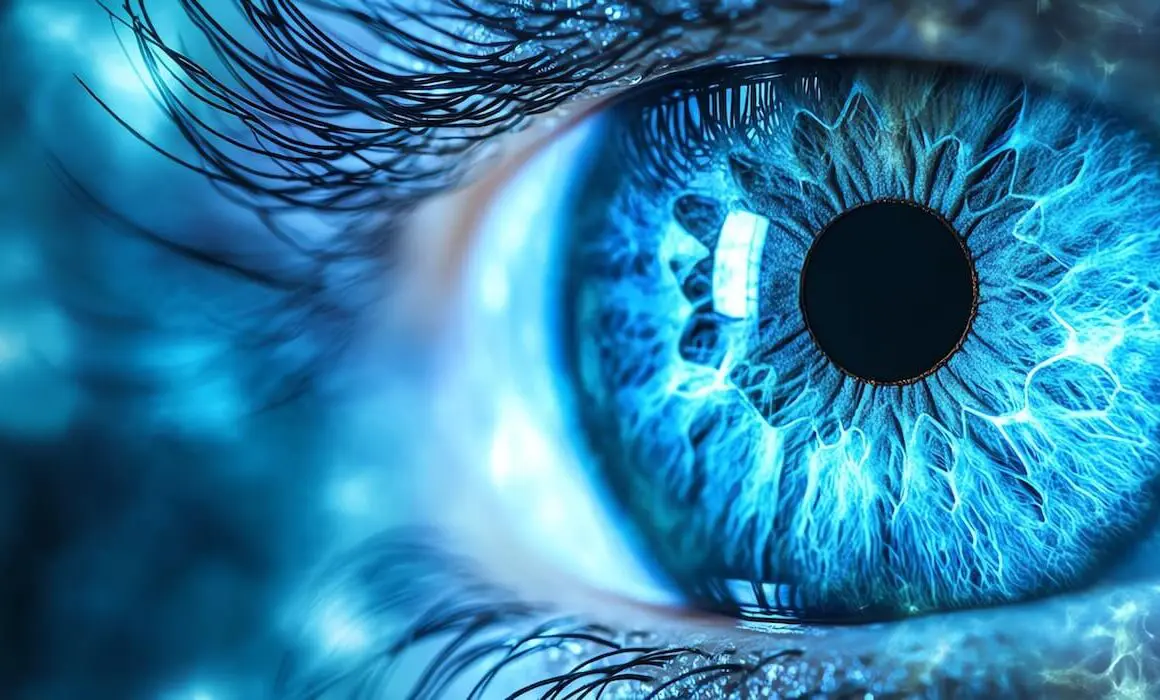Motor Skills Rehab Gets a High-Tech Upgrade

In the hopes of aiding traumatic brain injury (TBI) sufferers with regaining their fine motor skills, Technion researchers conducted a study to shed light on how the brain controls finger dexterity through intricate mechanisms. They believe their findings could lead to the development of innovative rehabilitation strategies that are adaptable to individual patients’ needs.
Led by Professor Firas Mawase and graduate student Gili Kamara of the Technion Faculty of Biomedical Engineering, the researchers developed a unique ergonomic device that enables in-depth testing of the strength of a patient’s fingertips. The device allowed them to analyze the ability to learn and generalize finger motor skills with a focus on two main types of motion: flexion, or closing the fingers inward, and extension, or opening the fingers outward, which are necessary for most of the finger’s actions. The study was conducted through three cohorts of young, healthy subjects, with each group undergoing a specific type of training: one group underwent only finger flexion training, one group was only trained in finger extension, and a control group underwent no training.
The results, which were published in the journal Cell Reports, showed that finger extension training improved abilities in the other direction (flexion), but the opposite was not true as finger flexion training was not generalized in the other direction (extension). The findings indicate that the control circuits responsible for finger dexterity are interactive and partially transmitted but are not symmetric in the two directions.
Findings from the study could mprove the quality of life for an estimated 5.3 million people – or one in every 60 people – in the United States who are living with a permanent brain injury-related disability, which can limit their ability to communicate, walk, move, and more. With the information gathered, there is a possibility for the improvement of techniques used for rehabilitating patients suffering from brain damage, including conditions such as hemiparesis, a condition that harms mobility on one side of the body and leads to difficulty walking and grasping, loss of balance, and more.
The research was supported by the Israel Science Foundation (ISF) and the German-Israeli Foundation for Scientific Development (GIF).



